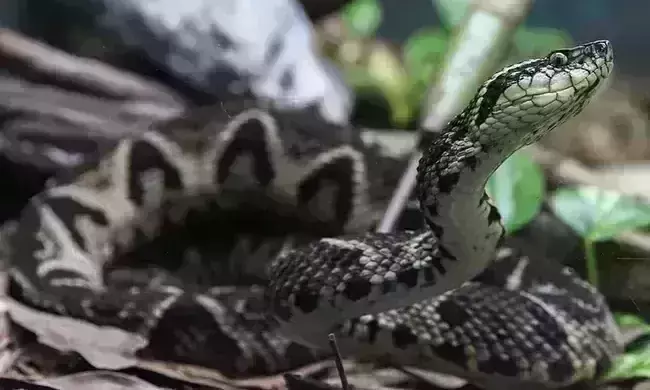

Component of a Brazilian viper venom stalls COVID virus: Study
text_fieldsSao Paulo: A molecule in the venom of a species of Brazilian viper might restrict the reproduction of coronavirus cells, a study conducted on monkey cells inferred, reports Reuters. The discovery by researchers from Brazil could be a step toward an effective drug to combat the virus.
The study, published in the journal Molecules, inferred that a molecule of jararacussu pit viper's venom inhibited the corona virus' ability to multiply by 75%. One of the authors of the study and University of Sao Paulo professor, Rafael Guido, said that they were able to show that a particular component of the snake venom could inhibit a vital protein from the virus.
The particular molecule is a peptide chain or chain of amino acids that can connect to an enzyme of the Covid-19 virus called PLPro. This enzyme is essential to the reproduction of the virus without hurting other cells. The peptide is known for its antibacterial qualities and could be synthesised in laboratories, meaning capturing snakes to extract their venom is not necessary, Rafael Guido added.
Another scientist repeated that capturing snakes is not needed since the venom itself is not the cure for the virus but a component.
According to a statement by the State University of Sao Paulo, researchers are planning to evaluate the efficiency of different doses of the molecule and whether it prevents the entry of the virus in the first place. They hope to test it on human cells but had not released a timeline.
The jararacussu is one of the largest snakes in Brazil and lives in the coastal Atlantic Forest. It measures up to two meters and is also found in Bolivia, Paraguay and Argentina.





















